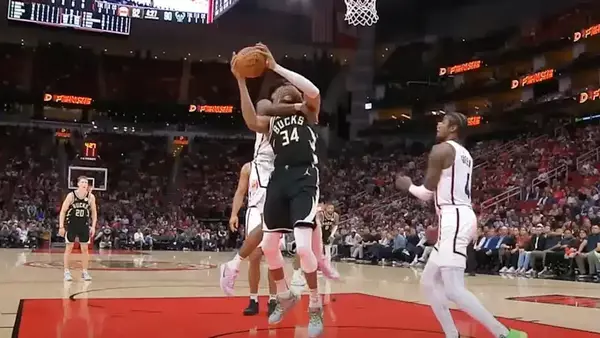The Driver and Vehicle Licensing Agency (DVLA) has warned motorists of the medical conditions they must disclose or risk being handed a £1,000 fine.
If you have a medical condition that could impact your ability to drive then you must inform the DVLA. Failing to do so may be classed as withholding key information.
As reported by Lincolnshire Live, this could result in prosecution if you get into an accident and haven't disclosed your condition.

READ MORE — DWP issues urgent Universal Credit, PIP and ESA interview update
There are certain conditions that make driving unsafe, and so if you have one of these you will be required to forfeit your licence.
It follows the news that the DVLA has introduced new rules that allow the medical questionnaire to be done by medical specialists like nurses and opticians, rather than just doctors.
Here is a rundown of all the medical conditions the DVLA needs to be informed of. If you have any of these, you should inform the driving agency as soon as possible.
Medical conditions you must tell the DVLA about
According to the DVLA, you must inform them if either:
- you develop a ‘notifiable’ medical condition or disability
- a condition or disability has got worse since receiving your licence
A 'notifiable' condition refers to any that may impact your ability to drive safety, such as:
- diabetes or taking insulin
- syncope (fainting)
- heart conditions (including atrial fibrillation and pacemakers)
- sleep apnoea
- epilepsy
- strokes
- glaucoma
If you are unsure whether you need to report your condition, you can either use the online service or refer to the A to Z list.
If your condition is listed, you will be informed how to report it. This can be done either on the online service, or by sending in a paper form.
When can the DVLA revoke a licence?
You must forfeit your licence if any of the following statements apply to you:
- your doctor tells you to stop driving for 3 months or more
- your medical condition affects your ability to drive safely and lasts for 3 months or more
- you do not meet the required standards for driving because of your medical condition
If, after surrendering your licence, you meet the medical standards again, you can apply to get it back. Find out more here.
READ MORE —
- BBC Shetland: Glasgow institution features in 'starring role' in new series
- Glasgow property: Inside the 'incredible' 1 bedroom flat to rent for £1,500 a month
- Tesco shoppers praise return of summer childhood treat they 'had as a kid'
- Drivers warned of £1,000 fine for swearing under little-known law
- Some DWP Universal Credit claimants denied £326 cost of living payment







